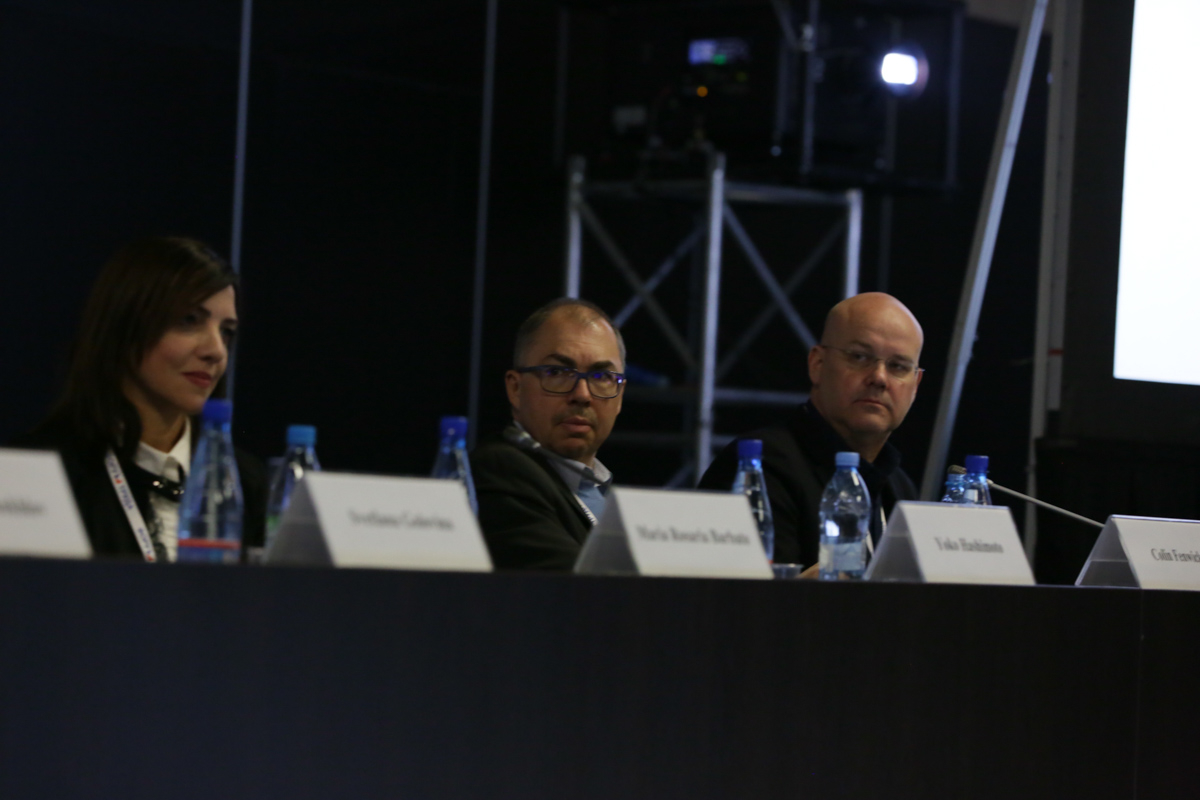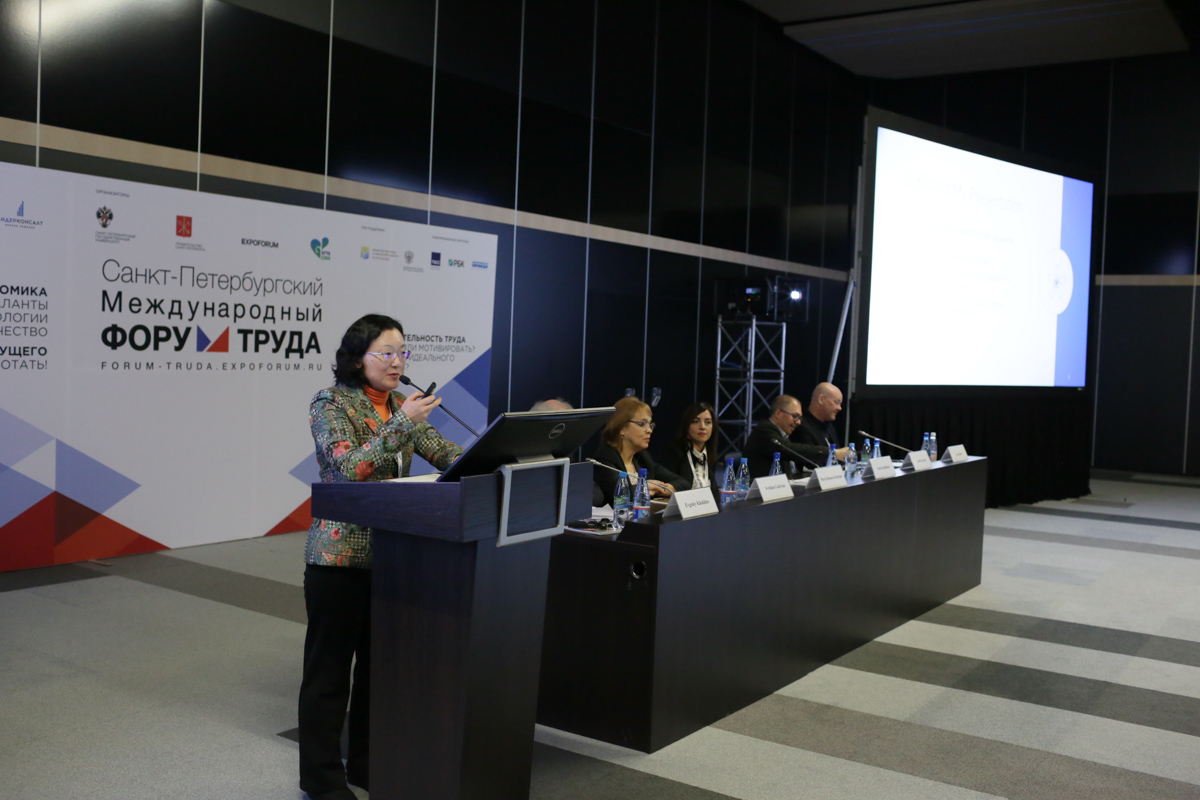International labour law
The conference “Economic function of the labour law: Past, present, and future (“VIII Pashkov’s Readings”) is part of the International Labour Forum in St Petersburg. The event is organized by St Petersburg University.
The main concern of the conference is globalization that has the effect on the labour market and therefore labour law. The labour law should be international rather than national, experts agree. “If we are to unify the labour law, we should make it international. The holistic approach will balance supply and demand on the labour market and realize the potential of both an employer and employee”, — said the Honoured Professor of the Goethe University Frankfurt Manfred Vaiss.
The common standards and supranational law is a sound investment into sustainable economy on a national and global levels, the lawyers agree.
The conference particularly focused on whether we can make adopt international standards on wages. “In determining the salary we should use several criteria: the product cost, how much it was sold for, and how many per cents an employer get”, — said Jean Michel Serve, Professor of the University of Girona and University of Liège and Honoured President of the International Society for Labour and Social Security Law. As Jean Michel Serve says, today these criteria are ignored by the employers: too often the price of the product is a way higher than the level of the salary, especially in relation to the mass consumption products: gadgets and clothes.
The conference also focused on whether artificial intelligence may replace humans. Today, the robots can create music and pictures that are not different from what we can create. There are two scenarios. The first one, rather pessimistic, is that the humans are expected to be captured by the robots. The second, more optimistic one is that there will be industrial automation that can lead to a shift in social formation: money will be less important. Although these scenarios may seem just a fantasy, we are forced to change our life strategy.
In searching for a job, you have to be analysts of both labour market and professions to adjust your professional skills. A lawyer, if he is not up-to-date with the legal regulations in digital technologies and technologically illiterate, is more likely to be in less favourable conditions.
Advisor of the Russian practice Dentons in intellectual property, information technologies, and telecommunications, SPbU Associate professor Vladislav Arkhipov
Today, career development courses, occupational retraining, and additional education can help us to be in trend.
The universities educate and prepare students to meet the current demands, with a focus on technologies. Yet this approach to education may be far from being systematic. We need to adopt an interdisciplinary approach to balance science and technology.



